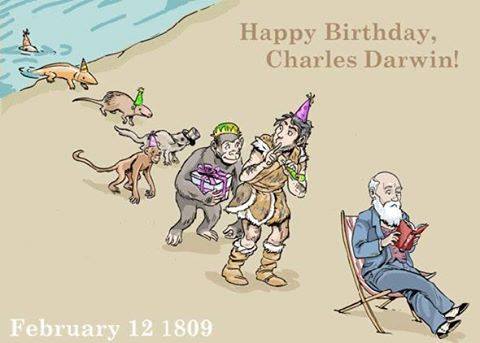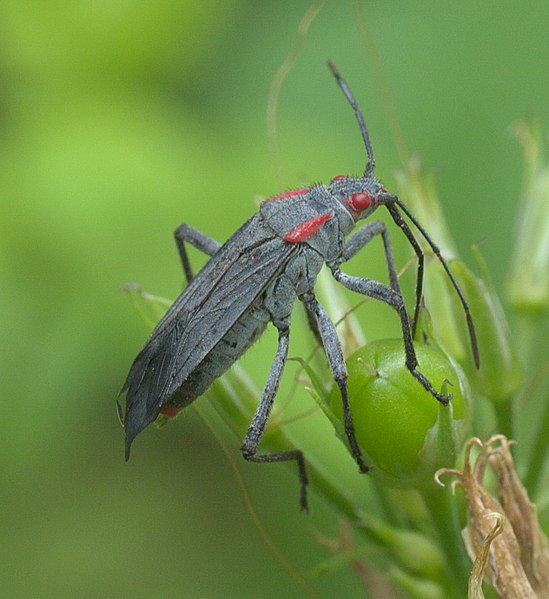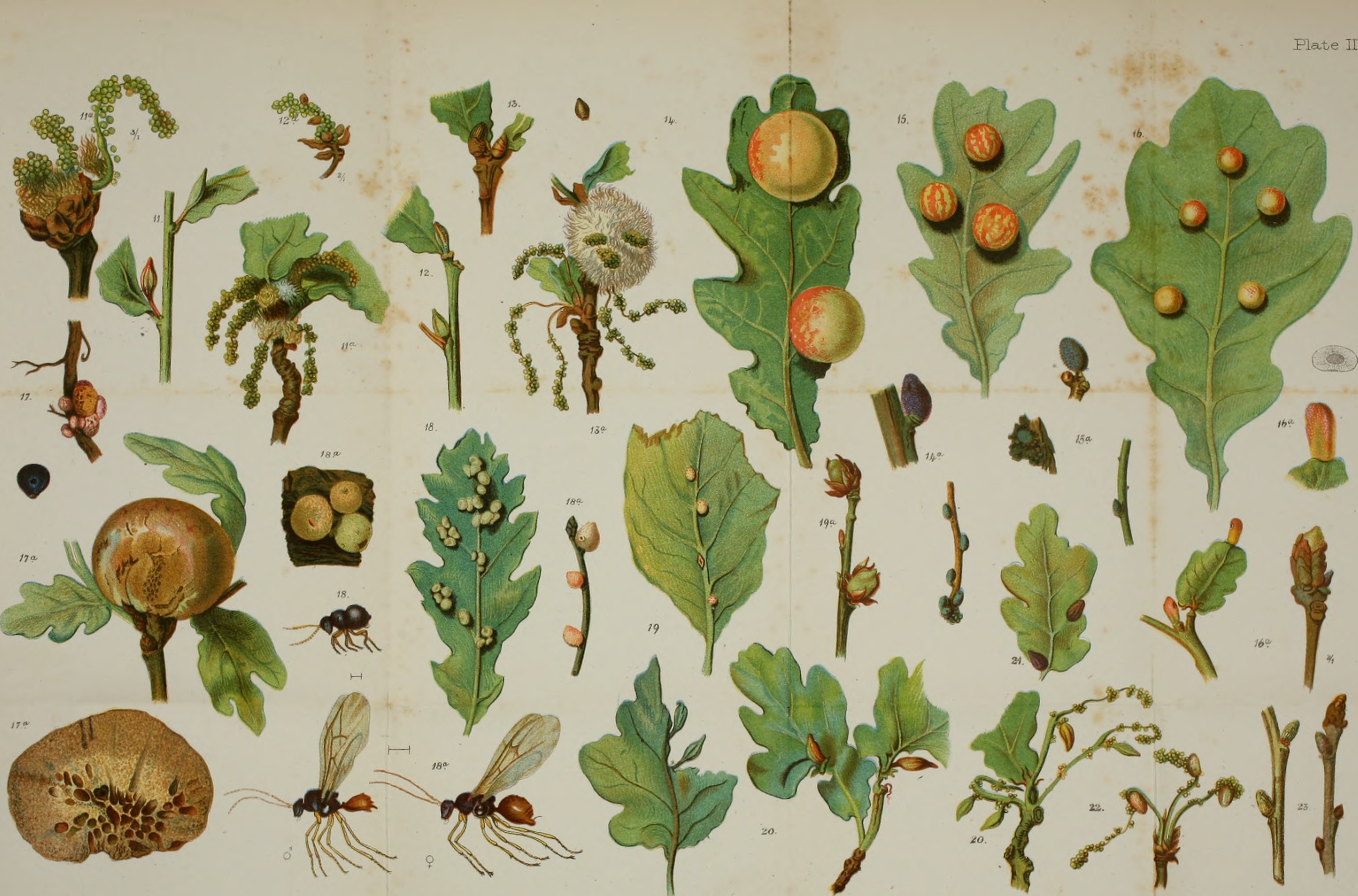While some of you may be excited to spend some time with a loved one tomorrow, Valentine’s Day, many of you may not know that yesterday was the great Charles R. Darwin’s 207th birthday! Born in 1809, Darwin was a brilliant English naturalist who spent most of his life actively studying the theory of evolution. While on the HMS Beagle, his ship, Darwin was able to travel around the world for five years. to places like Brazil, Chile, Australia, the Falkland Islands and the Galapagos Islands. During his five year voyage he studied the abundant varieties of species and formulating his theories about natural selection and evolution. He kept an extremely detailed journal detailing his observations and his thoughts. In 1859 he publish the book ‘On the Origin of Species’, that explained his work on natural selection and contained a lot of the evidence supporting his ideas. Natural selection is the theory that species that successfully adapted to meet the changing requirements of their natural habitat thrive, while those that fail to evolve and reproduce die off. Natural selection was not initially popular because it was presented in a time when Christian values and ideas on human origins were largely accepted as truth. Darwin was said to have included some sections in his ‘On the Origin of Species’ to appease those who believed in divine origin, Creationists. During the next century, DNA studies revealed a lot of evidence supporting Darwin’s theory of evolution, although conflict with Creationism is still very common.
Darwin’s contributions to the field of evolutionary biology and biology as a whole were not only revolutionary but extremely important in progressing our ideas of evolution, relations among species (including bugs) and the importance of geological history. It is safe to say that without Darwin we may not know as much as we do today. Thank you, and Happy Belated Birthday Charley!
Other famous work by Charles Darwin includes: ‘The Expression of Emotions in Man and Animals’, ‘The Descent of Man, and Selection in Relation to Sex’, ‘The Power of Movement in Plants’ and ‘The Formation of Vegetable Mould Through the Action of Worms’.




